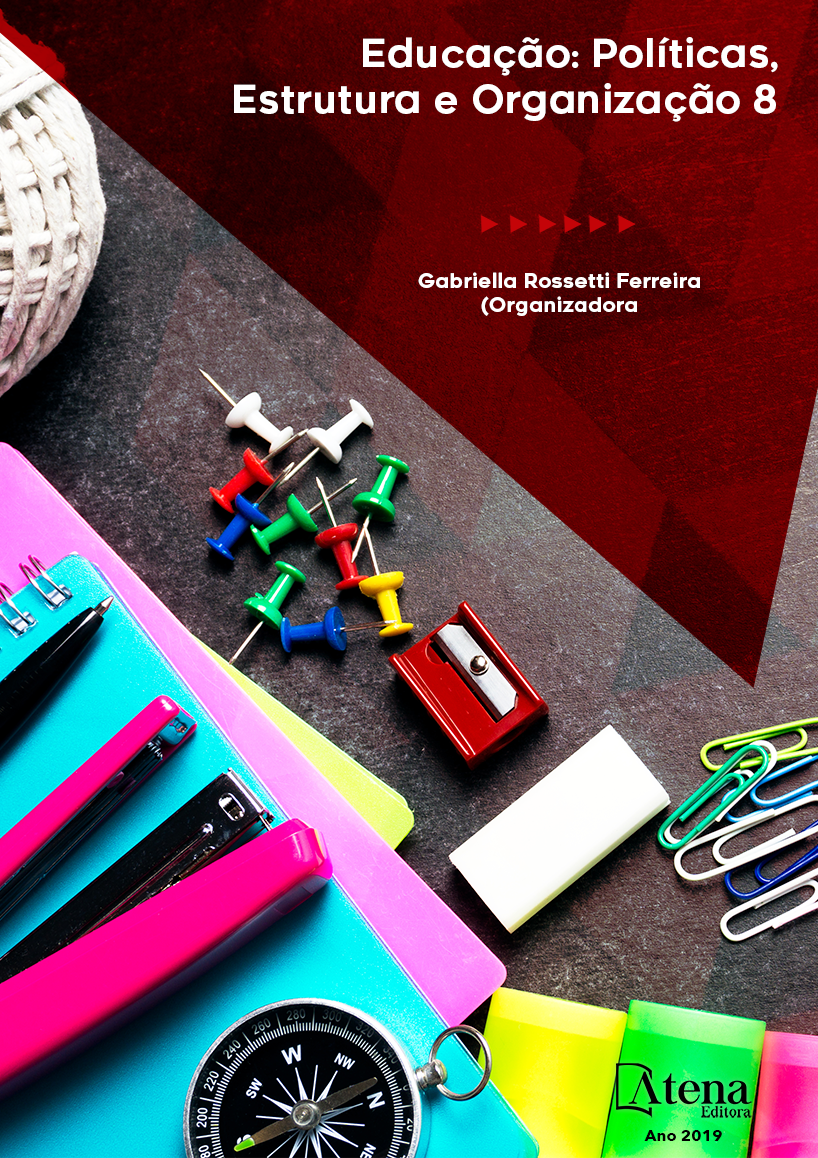
JOGOS PEDAGÓGICOS: UMA PROPOSTA ALTERNATIVA PARA ESTUDAR QUÍMICA
Os jogos pedagógicos exercem um
papel importante no âmbito da educação, pois
proporcionam desafios didáticos aos alunos,
estimulando o desenvolvimento intelectual e
social do estudante, constituindo-se de um bom
recurso didático para a obtenção de resultado
significativo no processo de ensino-aprendizagem.
Este trabalho tem como objetivo mediar o
aprendizado da química de forma diferenciada
em sala de aula, utilizando diferentes tipos de
jogos pedagógicos para os alunos do Ensino
Médio, auxiliando na interação entre eles e na
compreensão dos conteúdos de química. Para
isto, os jogos foram planejados, elaborados e
aplicados em uma escola pública do município
de Santa Maria/RS, onde pode-se constatar
que a utilização dos mesmos contribuiu para o
processo de ensino-aprendizagem, favorecendo
o entendimento dos conceitos, despertando
assim o interesse e a curiosidade dos alunos com
relação aos conteúdos químicos envolvidos.
JOGOS PEDAGÓGICOS: UMA PROPOSTA ALTERNATIVA PARA ESTUDAR QUÍMICA
-
DOI: 10.22533/at.ed.09519030417
-
Palavras-chave: Lúdico; Ensinoaprendizagem; Interatividade.
-
Keywords: Ludic; Teaching-learning; Interactivity
-
Abstract:
The pedagogical games play an
important role in the education, as they provide
didactic challenges to the students, stimulating
the student’s intellectual and social development,
constituting a good didactic resource to obtain
a significant result in the teaching-learning
process. This work aims to mediate the learning
of chemistry in a differentiated way in the
classroom, using different types of pedagogical
games for the students of High School, helping
in the interaction between them and in the
understanding of the contents of chemistry. For
this, the games were planned, elaborated and
applied in a public school of the municipality
of Santa Maria / RS, where it can be seen that
the use of these contributed to the teachinglearning process, favoring the understanding of
the concepts, thus awakening the interest and
the curiosity of the students with respect to the
chemical contents involved.
-
Número de páginas: 15
- Tiago Barboza Baldez Solner
- Leonardo Fantinel
- Liana da Silva Fernandes
- Sandra Cadore Peixoto


